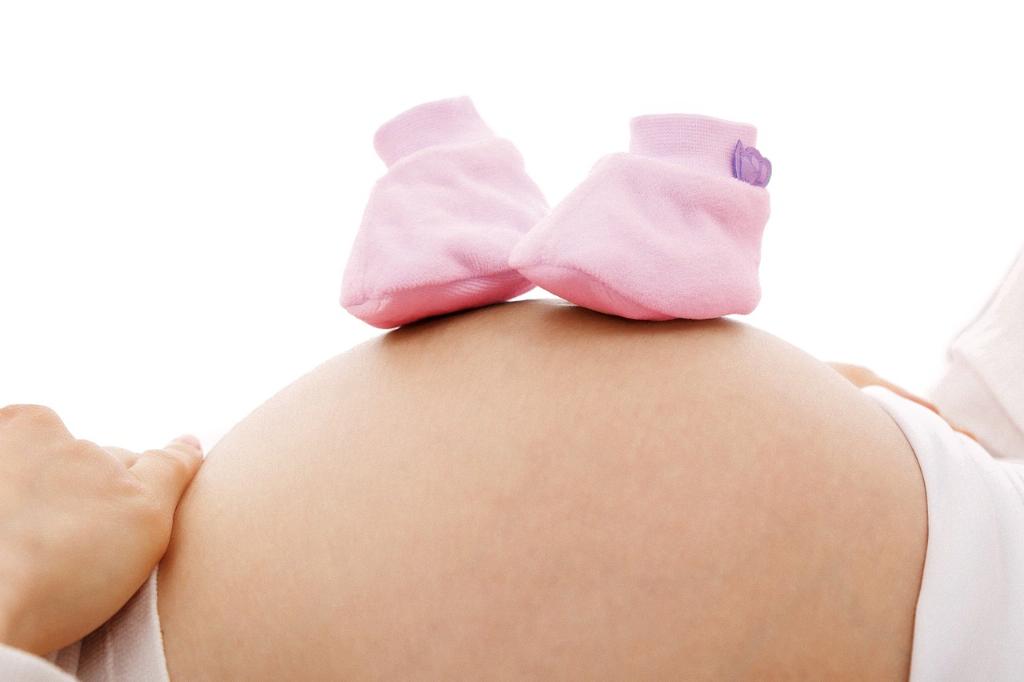When it comes to using a THC cart while pregnant, it is crucial to prioritize the health and well-being of both the expectant mother and the developing baby. Research has shown that indulging in substances containing tetrahydrocannabinol (THC) during pregnancy can pose potential risks and raise concerns about the overall impact on fetal growth and development.
Potential Risks of Using THC Carts During Pregnancy
It is important to note that smoking, vaping, ingesting edibles, or using products containing THC, including CBD with THC, is generally not recommended for pregnant individuals. The chemicals present in these products have the potential to pass from the mother to the baby, which may have adverse effects on the developing fetus.
Studies on Marijuana Use During Pregnancy
Some studies have indicated that using marijuana while pregnant could increase the risk of complications such as stillbirth. The presence of THC in the bloodstream of a pregnant individual can lead to changes in the placental function and circulation, potentially affecting the oxygen and nutrient supply to the baby.
Impact on Fetal Development
Exposure to THC during pregnancy may also impact the brain and central nervous system development of the growing fetus. The endocannabinoid system, which responds to substances like THC, plays a crucial role in regulating various physiological processes, and interference with this system during pregnancy could have lasting consequences.
Considerations for Pregnant Individuals
Pregnant individuals are encouraged to consult with healthcare professionals regarding the use of THC carts or any cannabis-related products during their pregnancy. It is essential to understand the potential risks and make informed decisions that prioritize maternal and fetal health.
Seeking Alternative Methods for Symptom Relief
If pregnant individuals are experiencing symptoms that they would typically manage with THC-containing products, it is advisable to explore alternative methods for symptom relief. Non-pharmacological approaches or alternative medications that are considered safe during pregnancy may be more suitable options.
Importance of Open Communication
Open and honest communication with healthcare providers is key during pregnancy. Pregnant individuals should feel comfortable discussing any concerns or questions they have regarding the use of THC carts or other substances. Healthcare professionals can provide personalized guidance and support.
Considering Long-Term Effects
While the immediate effects of using THC during pregnancy are a concern, considering the potential long-term effects is also crucial. Research on the lasting impact of prenatal exposure to THC on childhood development and health outcomes is ongoing.
Legal and Social Implications
In addition to health considerations, pregnant individuals may also need to be aware of the legal and social implications of using THC-containing products during pregnancy. Laws and regulations surrounding cannabis use vary by location, and societal attitudes may influence personal choices.
Support for Pregnant Individuals
Pregnancy can be a challenging and transformative time, and expectant mothers deserve access to comprehensive support and resources. Healthcare providers, prenatal care programs, and community services can offer guidance and assistance to pregnant individuals navigating important decisions about their health.
Final Thoughts on THC Use During Pregnancy
Ultimately, the decision to use a THC cart or any cannabis-related products during pregnancy should be approached with caution and consideration for the potential risks involved. Prioritizing the well-being of both the expectant mother and the developing baby is essential in making informed choices regarding substance use during this critical period.

